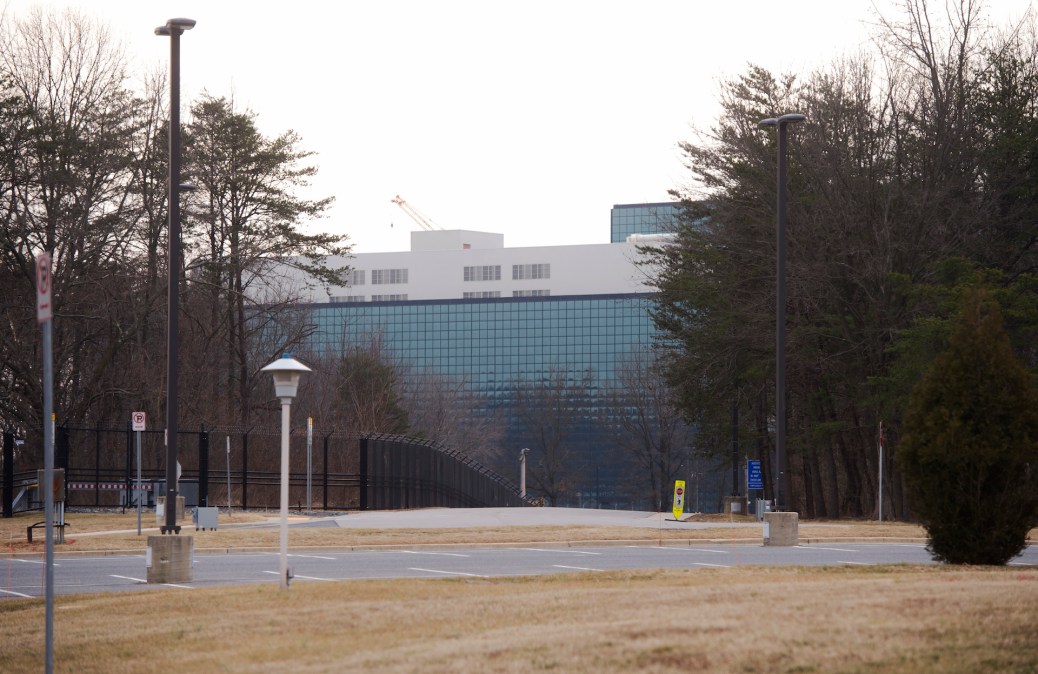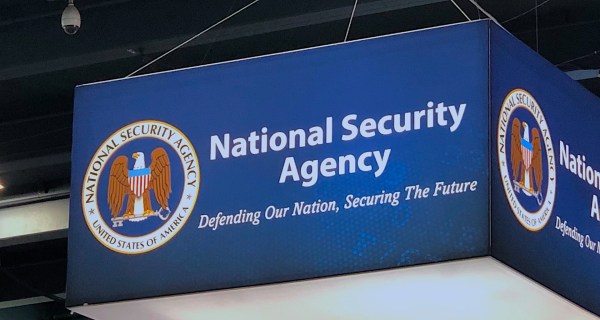NSA awards $2B GreenLake contract to Hewlett Packard Enterprise

Hewlett Packard Enterprise has won a $2 billion contract from the National Security Agency to provide the intelligence agency with high-performance computing technology.
Under the contract 10-year contract, HPE will provide fully managed, on-premise, secure cloud services through its GreenLake platform.
GreenLake is a pay-per-use cloud platform that provides cloud services for servers, storage and networking, as well as a range of applications, including container management and machine learning. It was first launched by HPE in 2017.
According to HPE, the contract will help support the NSA’s growing use of artificial intelligence and data and offer it new forecasting and analysis tools.
“Implementing artificial intelligence, machine learning and analytics capabilities on massive sets of data increasingly requires High Performance Computing (HPC) systems,” said Justin Hotard, HPE senior vice president and general manager.
“By using the HPE GreenLake platform, which delivers secure on-premises solutions as a service, the NSA is gaining industry-leading HPC solutions to tackle a range of complex data needs, but with a flexible, as a service experience.”
Government agencies are increasingly turning to pay-per-use cloud computing contracts as they seek greater storage flexibility amid an exponential increase in the volume of data being processed.
Take NASA as an example — the agency’s move to the cloud was in large part driven by the need to accommodate the vast volume of data it receives from space, Joe Foster, cloud computing program manager at NASA’s Goddard Space Flight Center, said recently.
“It’s saved us money, in terms of investing in infrastructure, and it’s allowed us to refocus those dollars into things like upgrading the actual satellite antennae themselves,” he said at the time.






